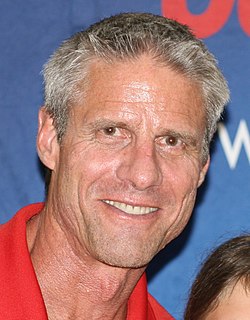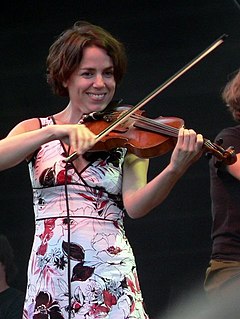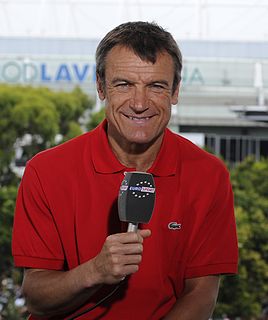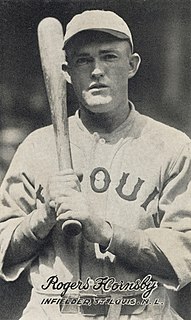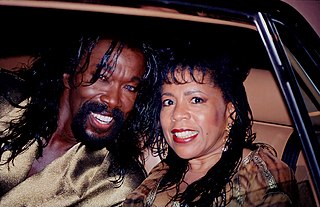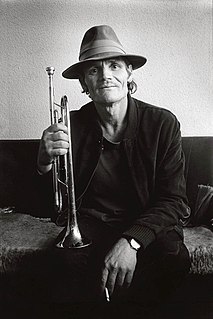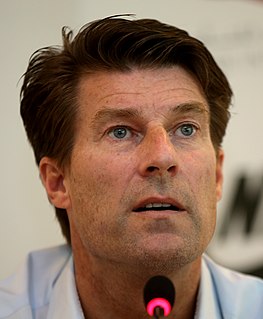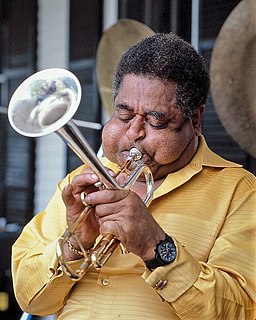A Quote by Jeff Green
The West is tough. The style we play, how we play, how they played before I got here, I just had to come in and help any way I can.
Related Quotes
I got a new 4-track cassette recorder a year or so after high school. For a while I would just stare at it thinking, how am I going to do this if I don't play guitar or keyboards? How am I going to write and record a song if I don't know how to play any instruments? I mean, I played the violin, but I didn't know anything about how to work a 4-track.
Both my grandmothers had upright pianos, and I just knew how to play since I was a child. Nobody taught me. I sounded like a grown-up, and then I learned how to read music. I played so well by ear I could fool the teacher to believe I could play the notes. She'd make the mistake of playing the song once, and I could play it.
He wanted us to play whatever we played in the most characteristic and appropriate style. Even it was the theme from 'The Godfather,' you needed to play that then the way that a Hollywood producer would expect it to be played. Whether it was that or the posthorn solo from Mahler's Symphony No. 3, he would expect that to be played in the way that Leonard Bernstein wanted to hear it. In retrospect, I think it was a sensational way to teach this particular group of students. By the time you graduated you could absolutely read anything with any trumpet.
In the 1990s I got to play in a group that played in prisons in California. We would play in maximum security wards. It was infuriating. Those kinds of situations stick with me. We got to come in and play music for them because that's a way of caring, just offering something, a gift, basically. They're basically the most grateful audiences I've ever experienced, because nobody's giving them anything.
The edge came from the slights I've had throughout my life, the slights I have dealt with through the entirety of my life. It wasn't one day when somebody said something and that made me upset and now I'm over it. I'm not going to stop playing with an edge because that's what got me here. That's just how I play the game. I can't play any other way.
Many critics always saw and heard that my style comes from Roy Eldridge, which is true. But for many things, not only how to play the trumpet but the way to choose the notes, how to play them and how to phrase all of them, I took that from Sweets [Edison]. He really brought something new to the trumpet.

